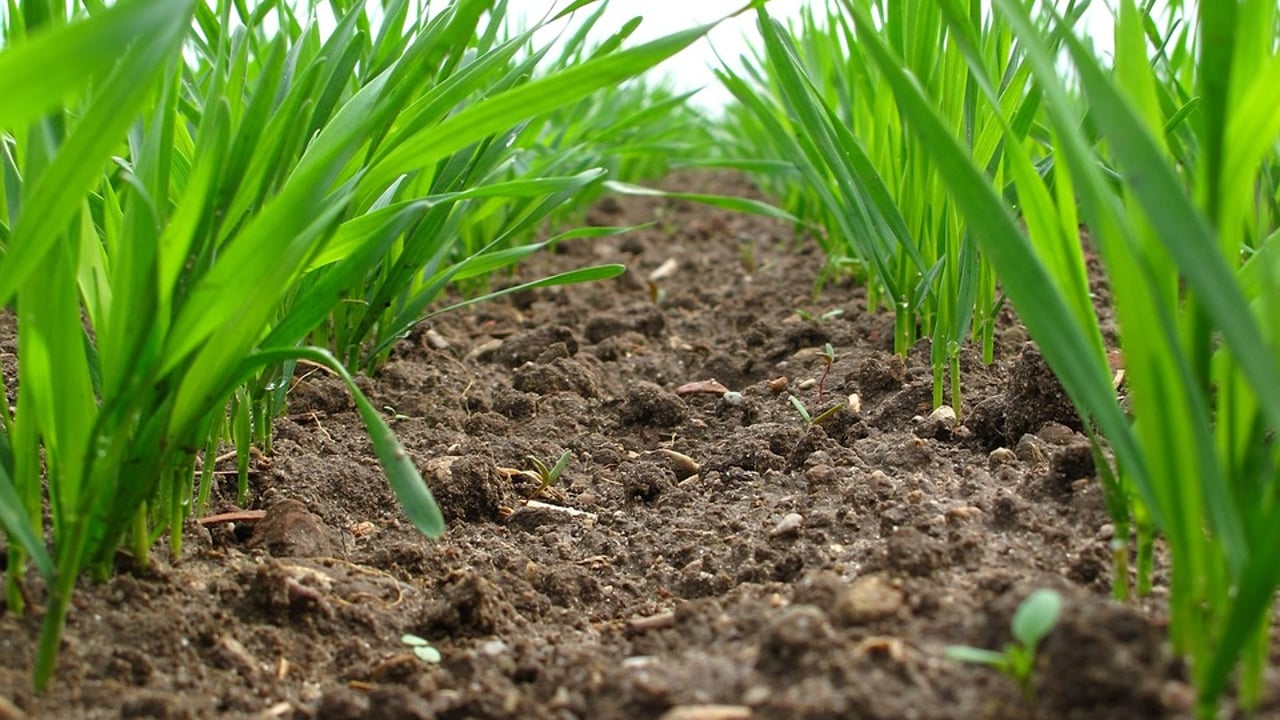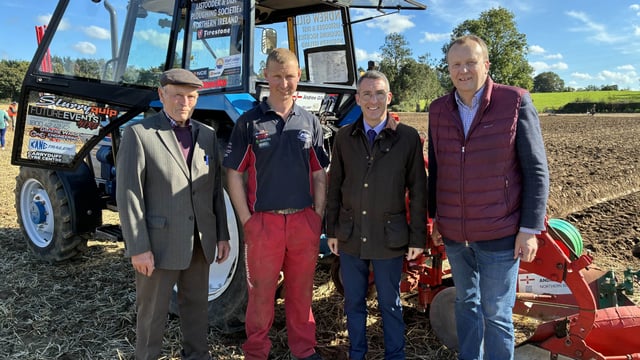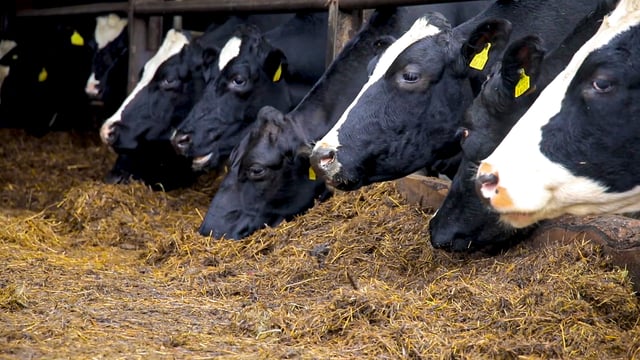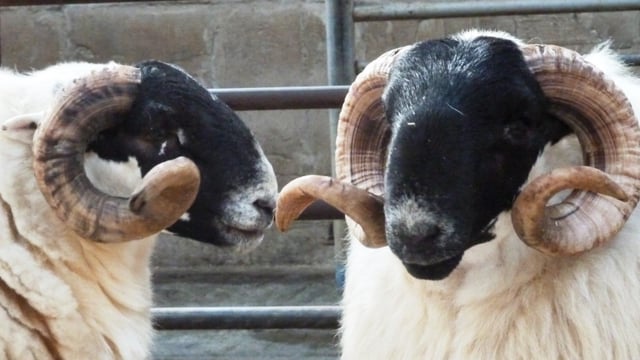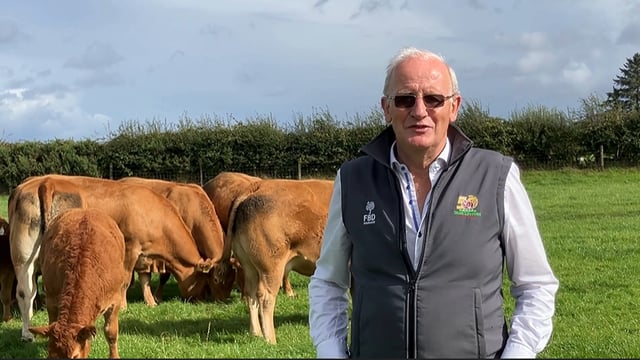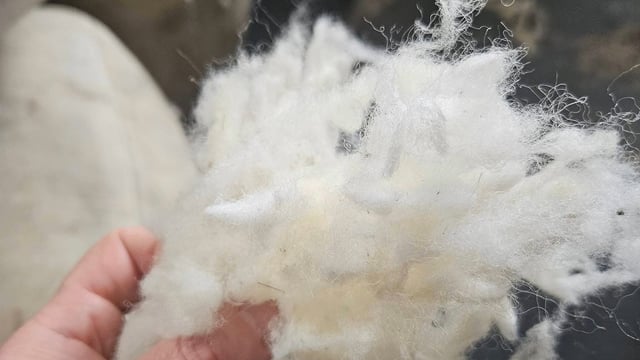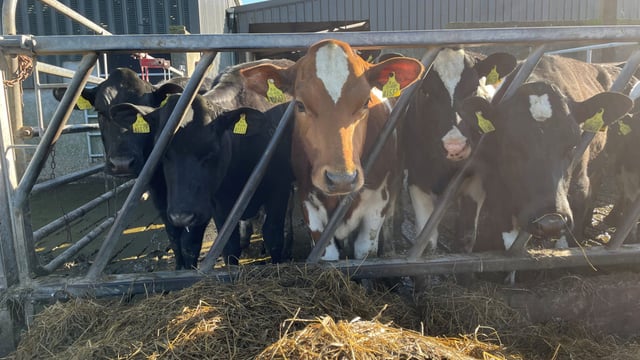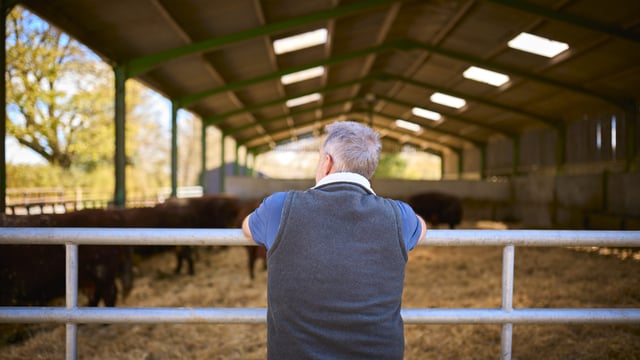Research continues on farm soil carbon stocks in NI
The Agri-Food and Biosciences Institute (AFBI), based in Northern Ireland, has appointed soil carbon measurement supplier Agricarbon to lead on deep soil carbon sampling.
This work will be carried out as part of the Soil Nutrient Health Scheme (SNHS) and will contribute to a better understanding of soil carbon stocks in Northern Ireland's farmland.
Funded by the Department of Agriculture, Environment and Rural Affairs (DAERA) and led by AFBI, SNHS aims to soil sample every active agricultural field in Northern Ireland.
It enables farmers to optimise the application of crop nutrients to their soils to maximise yields and help increase farm profitability.
Alongside this, the scheme aims to provide a baseline assessment of farm carbon stocks in soils and under hedgerows, contributing to the research which can support lower carbon farming practices in Northern Ireland.
Soil carbon sampling
Agricarbon will lead the deep soil carbon sampling, to one metre in depth, and subsequent analysis within the carbon research element of SNHS on approximately 250 field sites.
Dr. Selva Dhandapani, AFBI carbon lead on SNHS, said: “Working together with Agricarbon will enable the AFBI team to attain a detailed assessment of below-ground carbon stocks in grasslands.
"Their work in this project will reveal the amount of carbon stored in different soil depths, which helps with our modelling work in estimating total carbon storage in grasslands and in predicting ideal management strategies for maximising soil carbon storage in these grasslands.”
Climate tool
Annie Leeson, CEO and co-founder of Agricarbon, said that "redefining how soil health and carbon are measured across agricultural landscapes is a vital climate tool".
"We’re increasingly contributing our expertise to projects like these, looking for robust carbon baselining that produces high-integrity soil data to help meet climate goals, in Europe and beyond," she added.
Sampling to a greater depth of 1m, combined with innovative laboratory analysis, will provide soil carbon data that would otherwise have been unaccounted for.
This data will build an important picture to aid decision making on management practices for farms, and inform low carbon farming policies in NI, where agriculture remains one of the most defining features of rural identity and land use.
DAERA Minister Andrew Muir recently announced that 18,600 farm businesses are already benefitting from taking part in the SNHS overall.

